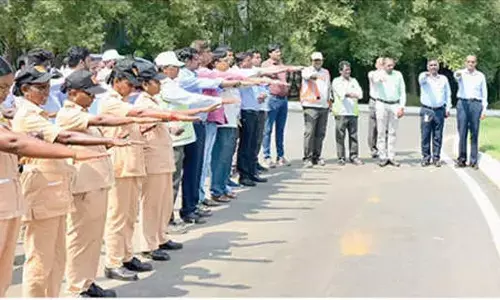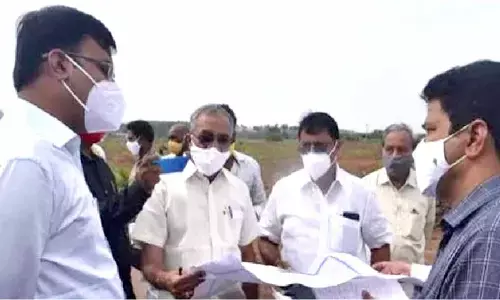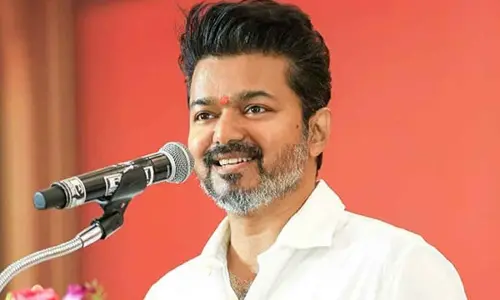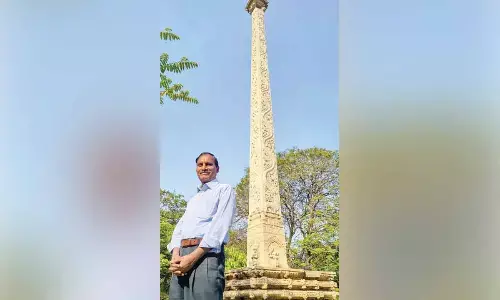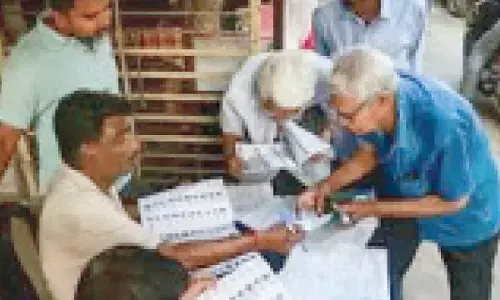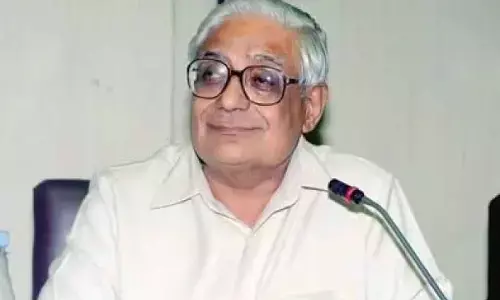Prevention of extravagance in marriages a far cry
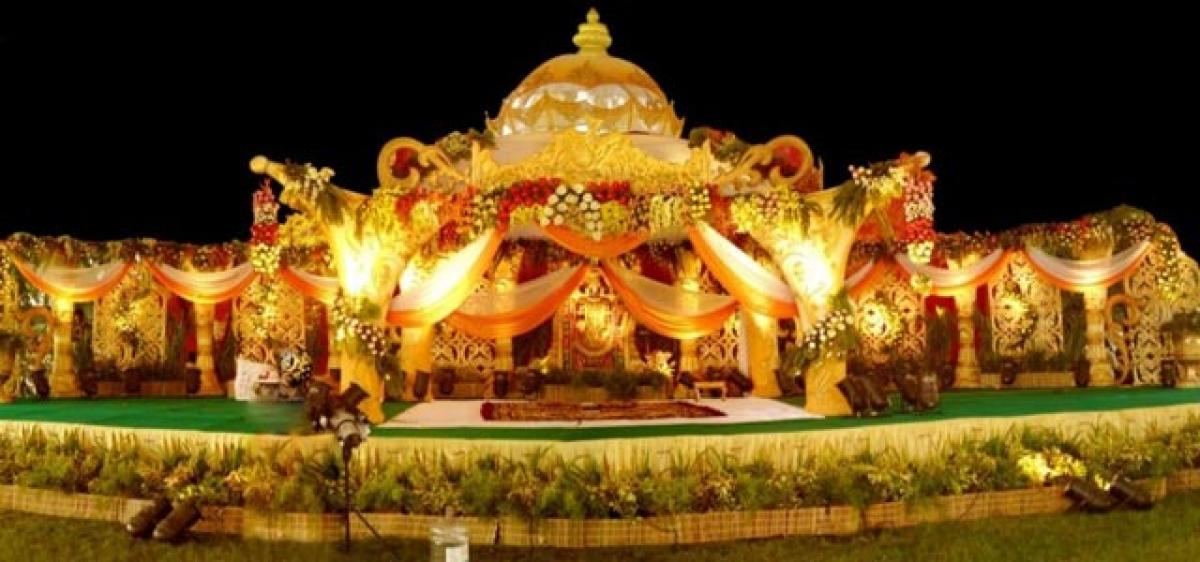
The ratio of Indian soldiers getting killed during counter-insurgency procedures to the number of terrorists neutralised are steadily going up. According to data from South Asia Terrorism Portal, 41 soldiers sacrificed their lives in 2015 as opposed to 113 terrorists getting killed.
BIG FAT WEDDINGS
News report suggest that Congress MP Smt. Ranjeet Ranjan will introduce a private member bill in the Lok Sabha seeking a cap on marriage expenditure. This bill has the same provisions as proposed in a bill introduced in the Rajya Sabha in 2011.
News reports suggest that Congress MP Ranjeet Ranjan will introduce a private member bill in the Lok Sabha seeking a cap on expenditure incurred on marriages. The Marriages (Compulsory Registration and Prevention of Wasteful Expenditure) Bill, 2016 seeks to prohibit extravagant and wasteful expenditure on marriages and to enforce simpler solemnization.
But this is not the first time that such a private member bill is being introduced in the Parliament. Six (6) such bills were introduced by various members in the last 20 years. But none of these bills were passed by the parliament. In fact, current bill by Smt. Ranjeet Ranjan is an exact replica of the bill introduced by Mr. Akhilesh Das Gupta in the Rajya Sabha in 2011.
History of these Bills
A total of six such bills were introduced in the Parliament in the last 20 years. Three of these bills were introduced in the Lok Sabha and the remaining three in the Rajya Sabha. Four of these bills have lapsed while two of them are still shown as pending on the Lok Sabha website.
Why these bills in the first place?
The text of four (4) of these bills is available on the Lok Sabha website. All of these bills talk about the growing extravagance in marriages and how it has become an ugly display of wealth by the rich. Some of the things mentioned in the ‘Statement of Object & Reasons’ of these bills are the following.
Lakhs of rupees are spent on shamianas and decorations followed by sumptuous feasts. In addition to all these things, substantial cash and costly gifts are exchanged. People use these occasions to spend their black money. Parents sometimes try to extract as much money as possible through the marriage of their sons.
Even the invitation cards, which used to be very simple and meaningful, have now become a status symbol, with each party trying to outdo the just concluded marriage ceremony in the area. People have also started the practice of distributing costly gifts and sweets to the Guests attending marriages and receptions and even while giving invitation cards.
The impact of such growing extravagance in marriages is telling upon the lower-middle and lower class people, who try to match the unabashed and pompous rich marriages, often with borrowed money or by selling their hard-earned assets, and later find themselves in severe debt trap. Such uncontrolled expenditure on marriages break the very fabric of our society and institutionalizes the practice of dowry and wasteful expenditure.
Media gives wide publicity in page three to such lavish marriages.
There is wastage of food items on a large scale. In one marriage tones of foods is wasted which could fill the bellies of many poor people. Akhilesh Das Gupta who introduced one of these bills in the Rajya Sabha mentioned that in Pakistan, one can serve only four dishes to the guests and wastage of dishes is treated as criminal wastage in marriages.
What do these bills propose?
Three of these bills do not suggest any explicit limits on the marriage expenditure. Instead, they propose that the government fix the limit of guests and relatives who may be invited to attend the marriage or reception. According to these bills, the government should also fix the limit of expenditure to be incurred on a marriage.
Prevention of Extravagance in Marriages_bills Limits on Expenditure proposed
The bill introduced by Mr. Akhilesh Das Gupta in the Parliament does prescribe an upper limit on the expenditure in the bill itself. The bill prescribes an upper limit of 25% of the family’s annual income of Rs 5 lakhs whichever is lower.
The bill also proposes that whosoever wishes to spend more than Rs 5 lakh shall contribute 10% of such amount to a government welfare fund that would be used to assist BPL families for the marriage of their daughters. This bill also proposes that the government fix the limit on the number of guests and number of dishes that could be served during the ceremony.
Guilty to be punished
This bill also proposes that the guilty be punished with a simple imprisonment for a term that can extend up to 3 years and also with a fine that can extend up to Rs 5 lakh rupees.
PS: Mr. Rayapati Sambasiva Rao, who introduced one of these bills in the Lok Sabha in 2005 had celebrated his 50th Marriage anniversary in a grand celebration in 2016. The Chief Minister of Andhra Pradesh was also on the guest list. (Courtesy: https://factly.in)
By Rakesh Dubbudu



